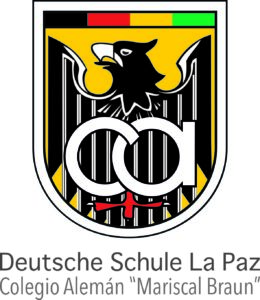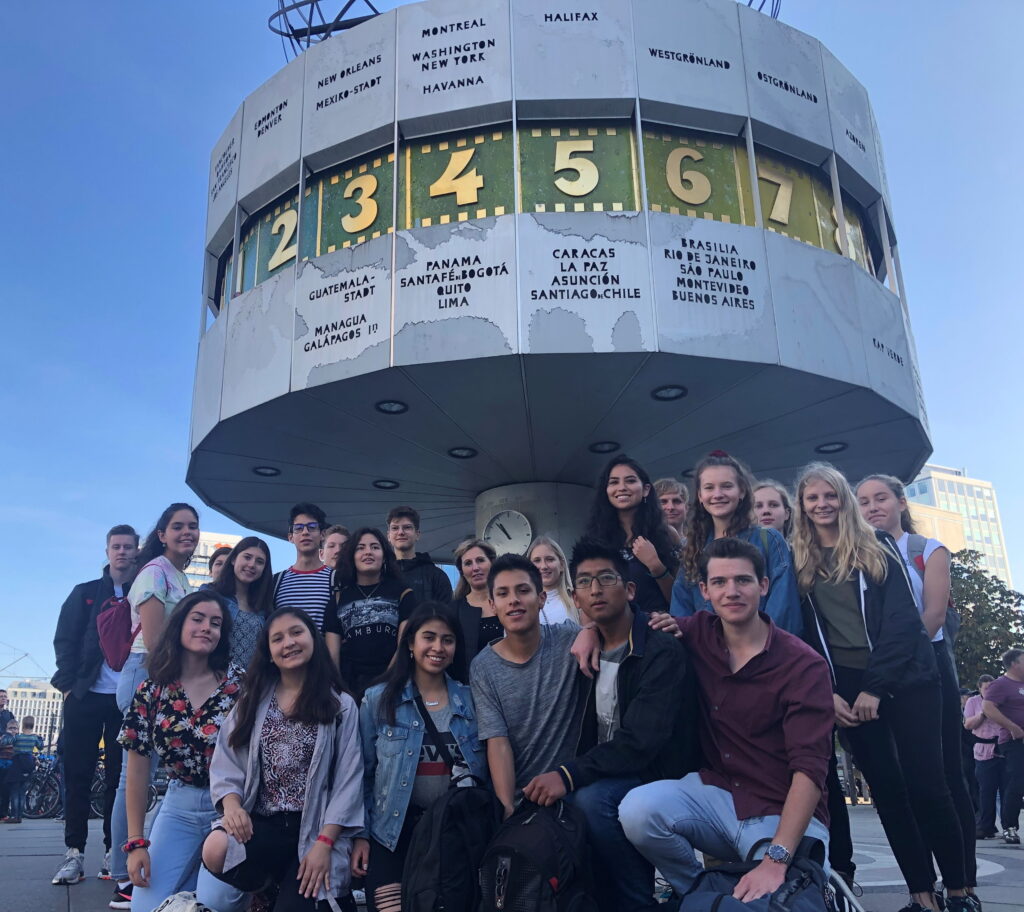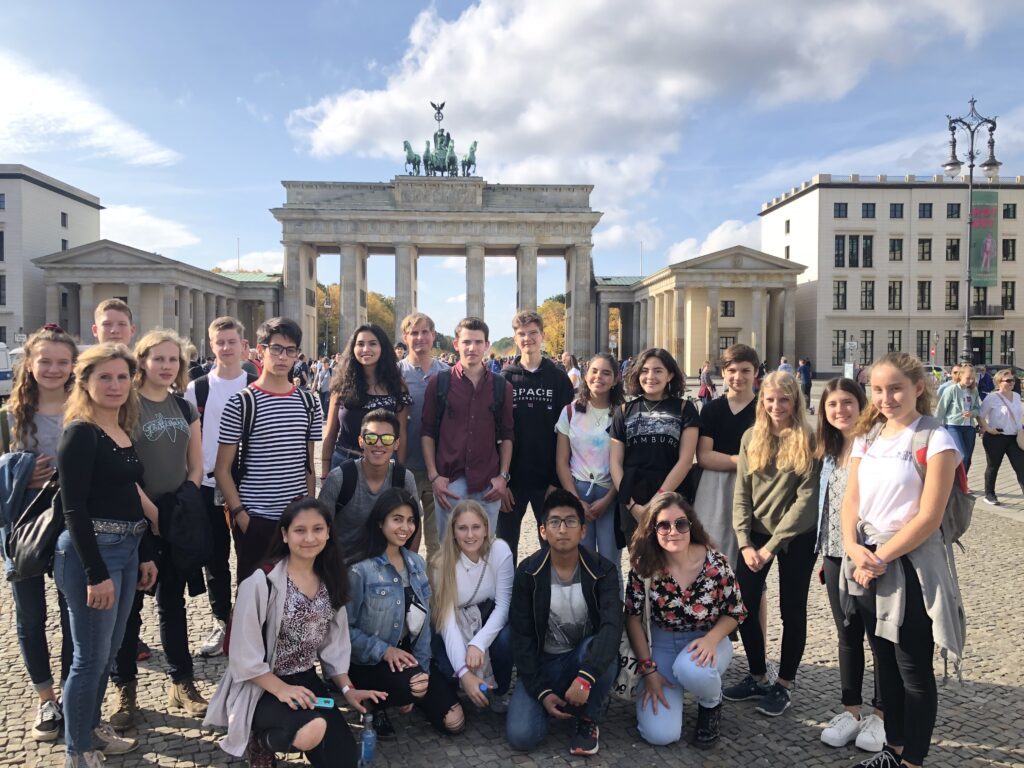.
Was the German School a mirror of the German colony in La Paz? A Conclusion
The answer to the question is both yes and no.
In the 1920s and from the 1950s onwards, the German School definitely was a mirror of the German Community in Bolivia, even though from the very beginning more Bolivian pupils were enrolled at the German School than German pupils. This was not the case in the German Club, the German cultural community. But as can be seen on the photos, Bolivians were also represented in the German Cultural Community from the very beginning, both of German and Bolivian origin.
In the 1930s and 1940s the German School was at least a mirror of the old-established Cultural Community, today’s CCA, and it was also a mirror of the politics of the Third Reich. The fascist ideology found its way into the school, into the cultural community and even into Bolivian politics and society..
This became particularly clear when the school association or school board (today: Centro Escolar Alemán, CEA) became part of the Reichsdeutsche Gemeinschaft (RDG), the present German Cultural Community (CCA).
However, the German Club, CCA and CEA have nothing more to do with the Reichsdeutsche Kulturgemeinschaft today. They have different statutes and memberships, although there are or were of course many overlaps in terms of personnel. The RDG no longer exists.
As can be seen in the document on the right, the school was placed under the control of the RDG by a large majority, so that they practically became one, if they had not already been before because of the great interdependence of personnel.
However, the German School was not a mirror of the German colony as a whole in La Paz and Bolivia in the 1930s and 1940s, as there was no representation of the “other Germany” and no contact with the Jewish-German community and the members of the Democratic Club. Of the three “German” groups, the school at that time was merely a reflection of one of these three groups, especially the Jewish-German group, as from 1939 there were no Jewish pupils at the German School and these pupils went instead to the newly founded Israelite School.
Today the Democratic Club does not exist anymore, Jews attend the German School again and they can be members of the German Club or the CCA, as well as many Bolivians who have an affinity to German or the German School, either because they themselves were students at the German School La Paz or because they want to attend one of the best, if not the best school in La Paz / Bolivia.
The German School La Paz, the Gerhart Hauptmann Oberschule Berlin-Köpenick and the Haus der Wannsee Conference Memorial and Education Centre would like to thank the Federal Foreign Office (AA) and the Central Agency for Schools Abroad (ZfA) for their financial support.
All historical photos and documents are from the archives of the CCA La Paz, Bolivia; the photos from today’s time come from private property.







